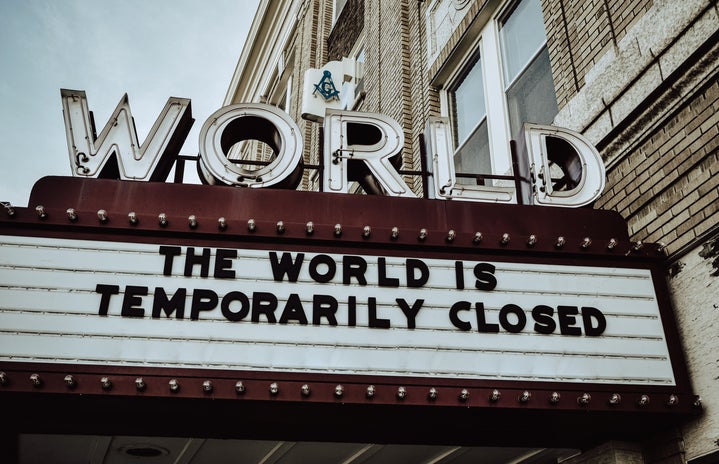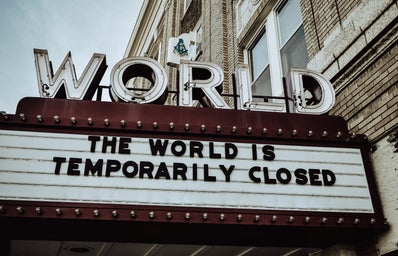At present, people are in the midst of the Fourth Industrial Revolution. Driven by the advances of new digital technologies, this revolution is gradually automating the conventional manufacturing system in industries worldwide. While digitalization and automation have revolutionized the industry, workplace automation has induced a chronic shortage of jobs, especially in the entire low-wage job market, and the unemployment rate has skyrocketed as a result.
Over the past decade, total wealth has continued to boom while incomes have remained stagnant. Hence, the income inequality continues to exacerbate; big corporations gain more profit from automation whereas the laid-off workers, living without a stable income, struggle to find another job. This expanding gap between the rich and the poor increases the polarization of wealth and further divides society. Unfortunately, the coronavirus crisis has heightened economic fragility. The ongoing COVID-19 pandemic serves as the impetus for such social polarization. Thus, the general issue of economic inequality, coupled with the effects of the coronavirus pandemic, has distressed the middle-class workers who have not been prepared for the economic slowdown. Fair redistribution of wealth is required to end the vicious cycle of poverty, and wealth can be distributed in the form of income redistribution policies, such as robot tax (taxing companies for replacing human employees with robots) and universal basic income.
Universal basic income is a necessary measure to take in the midst of a severe global pandemic, and universal basic income is a government-guaranteed payment that is provided to all citizens, regardless of their employment status. Its amount usually depends on each individual’s estimated cost of living. Currently, the global economy is faced with growing uncertainty and unpredictability arising from the spread of the pandemic. Consumer confidence and economic activities have shrunk dramatically, and the stringent social distancing regulations have done great harm to numerous small business owners, freelancers, students, and non-regular or unemployed workers. The government is asking everyone to stay at home and avoid close contact with others to stop the spread of coronavirus. However, staying at home is not an option if one doesn’t have a steady income. By providing a flat monthly payment, universal basic income enables every citizen to self-isolate and keep social distancing.
This government-guaranteed payment would cover individuals’ basic living expenses and ensure financial security. For example, with universal basic income, the laid-off workers could afford to resume their economic activities and search for a new job. The renewed surge in economic activity would lead to temporary cash infusions into the economy. Such direct cash infusions could potentially relieve the ongoing economic stagnation. Moreover, in the long run, this policy could eventually stabilize the economy by bridging the growing wealth gap in society.
Last year, the South Korean government provided direct cash payments, ranging from 100,000 won to 400,000 won, to every household on a trial basis in hopes of spurring economic growth. In response to the unprecedented crisis of COVID-19, this emergency disaster relief fund was distributed as a national safety net for Koreans in an effort to improve their quality of life and stimulate the depressed economy through spending. This year, South Korea experienced minimal economic damage from COVID-19. Although the COVID-19 relief fund does not match the definition of universal basic income, it successfully protected not only the economy from its collapse but also the most vulnerable members of society, such as the unemployed and the low-income families, who were at risk of not surviving due to having a poor social safety net.
From the positive outcome of the universal cash relief experiment in Korea, we have learned that guaranteed income has the potential to maintain national financial stability even in times of economic crisis and could ultimately create a more impartial structure for our economy.


